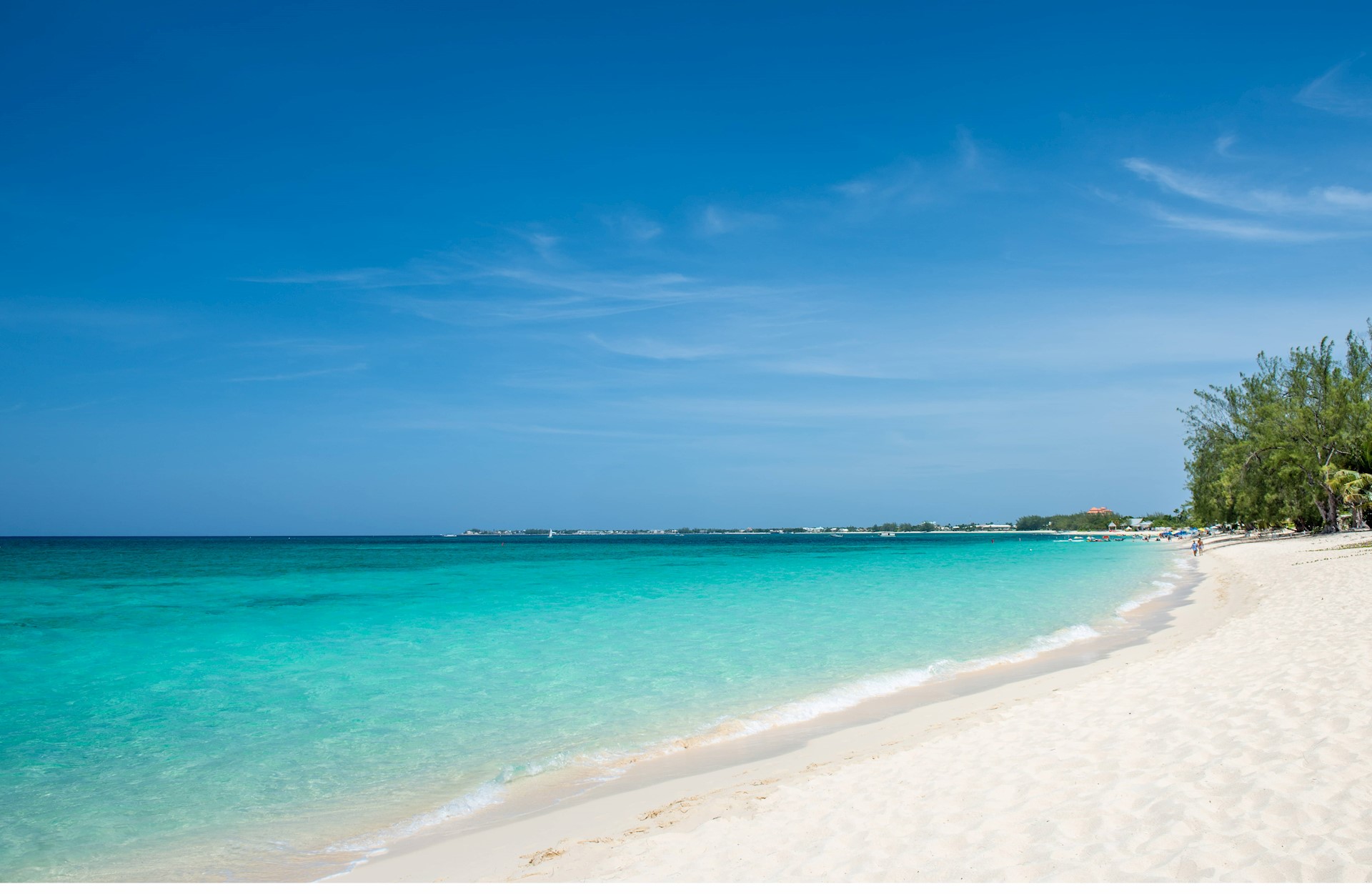

Overview
Moving to the Cayman Islands is, for many, a lifelong ambition fulfilled. It’s an opportunity to live on a Caribbean island with fabulous beaches, balmy year-round weather, a high standard of living, a low crime rate and a community of international residents who extend a "Caymankind" welcome.
Here are some important things you should know as you plan to relocate to Grand Cayman or to one of the Sister Islands, Cayman Brac and Little Cayman.
Requirements for working in the Cayman Islands
For more on obtaining a work permit in the Cayman Islands, read our immigration guide here.


Importing personal effects
Individuals who have previously been a permanent resident in another country and who are moving to the Cayman Islands for a minimum of one year may import most personal items duty free. New items and vehicles are not included in this exemption, and personal effects must be imported before or within six months of taking up residence. Many individuals moving to Grand Cayman import their vehicles; for more on Customs rates, click here. For information on Cayman Islands customs regulations and policies regarding the importation of personal goods, click here.
Legal documents
Government services are efficient in the Cayman Islands but, as with any other bureaucracy, moving and setting up residency requires paperwork. Make sure you have original and/or notarised copies of university diplomas and other professional designations, birth certificates, marriage licenses, a driving record from your current car insurance company, bank references, records from credit companies and criminal record checks ready.
Whilst advance planning is advantageous for some documents such as bank references and criminal record checks, they should be completed just before you move, as Cayman Government and banking institutions will require recent copies.

Cayman Islands banking
There are several Cayman Islands banks to choose from, including Scotiabank, RBC, CIBC FirstCaribbean, Cayman National Bank and Butterfield. It’s recommended to set up a bank account as soon as you arrive, as you will need to establish accounts for your telecommunications, rent (if you are not immediately buying a property) and utilities. All banks will require two forms of official photo ID, a confirmed address, verification of your employment and salary, a bank reference, a professional reference and proof of funds.
Taxation
There are no sales, income, recurring property, corporate, capital gains or inheritance taxes in the Cayman Islands. The primary sources of Government revenues are derived from stamp taxes on property transactions, import duties, government fees (e.g. work permits, building permits) and tourism industry-generated taxes (airport and accommodations).
Pension
All employed persons must contribute to a pension plan in the Cayman Islands. Employers must contribute a minimum five percent of the employee’s wages, and employees must do the same. There are additional guidelines regarding contribution levels and how a pension can be transferred should the individual move from the Cayman Islands. Read more about the revised National Pensions Law, here.
Education
If you have children accompanying you on your move to the Cayman Islands, they will need to be endorsed as a dependant on your work permit. To do so, a letter confirming that they are enrolled at a school on island will be required or documentation proving that you have enrolled them in a recognised online/home school programme.
Expatriate children are not eligible to attend government schools in the Cayman Islands, and the waiting list (particularly for younger grades) can be lengthy at the international private schools. It is advisable to start the application process for school as soon as you have decided to move. Most of the schools will require at least two years of official transcripts and academic references for your child(ren) and require them to sit an admissions test and attend an interview.
The quality of the education system is highly regarded in Grand Cayman. International schools include Cayman International School at Camana Bay, Cayman Prep and High School, Saint Ignatius Catholic School, Grace Christian Academy, First Baptist Christian School, Montessori by the Sea and Triple C.
For those expatriates interested in continuing education, the island boasts a law school, a medical school, ICCI (a U.S. accredited college) and UCCI, which offers undergraduate programmes.
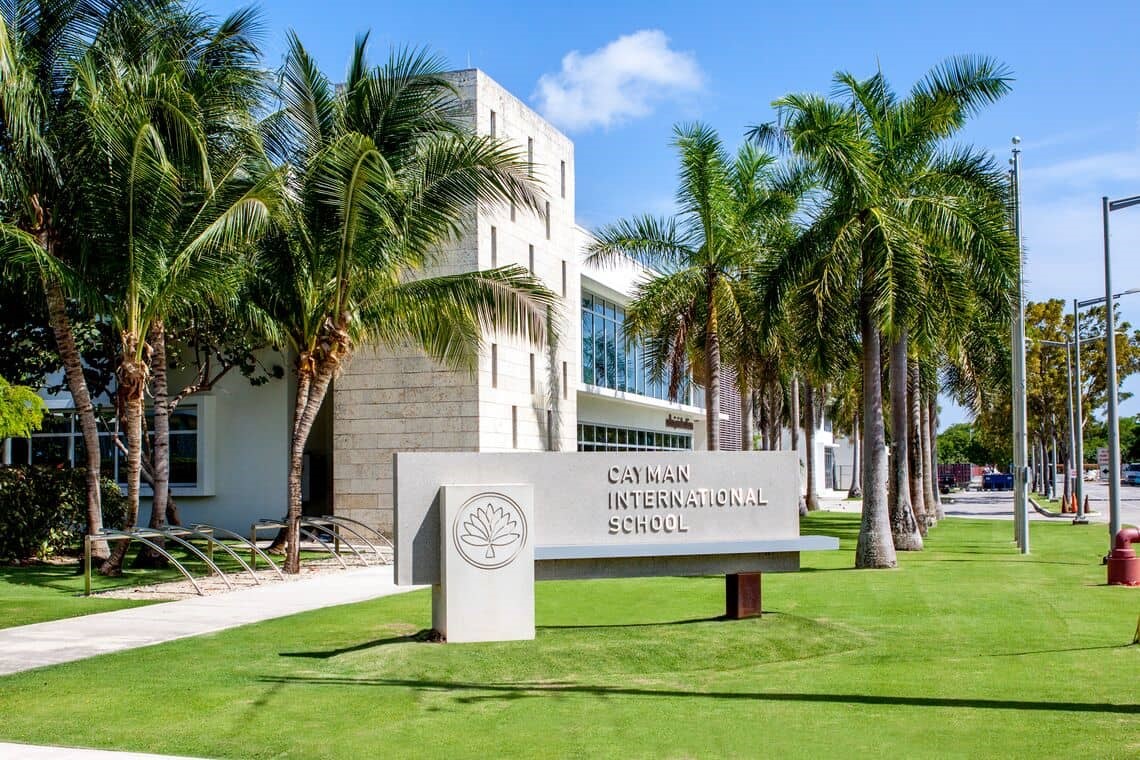
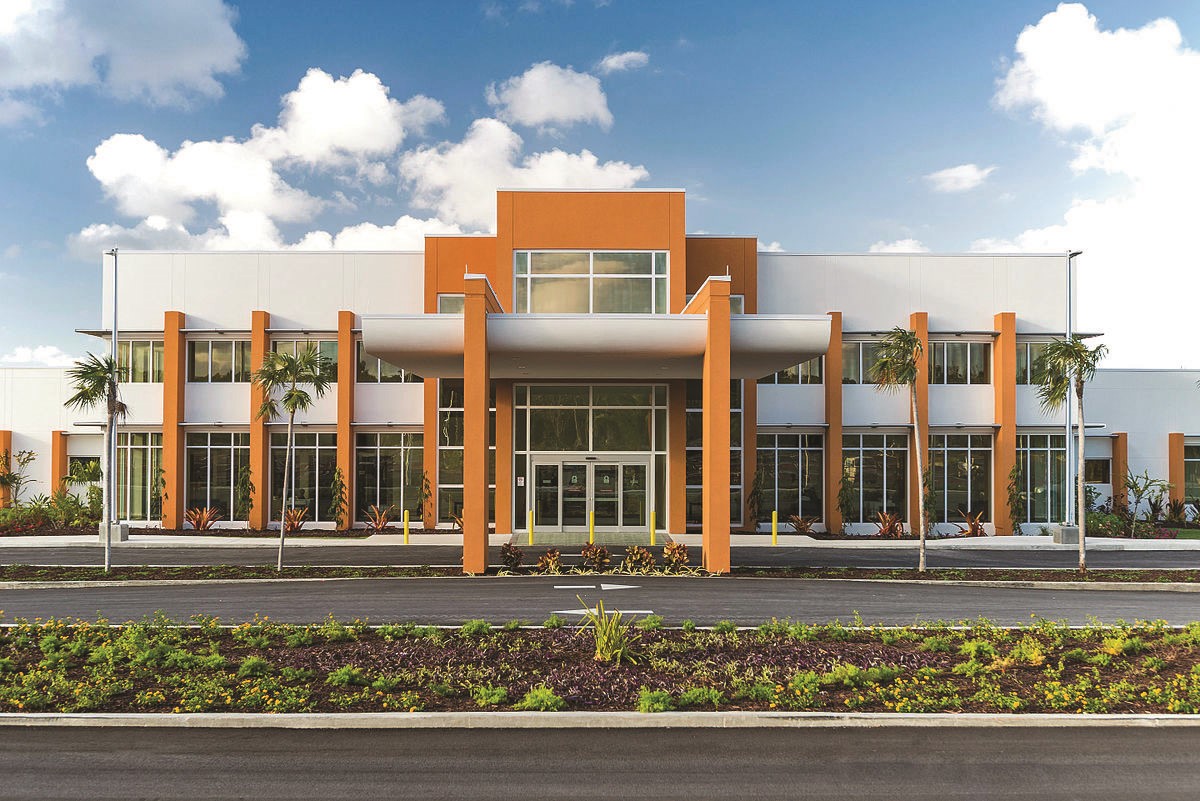
Healthcare
There is an excellent standard of healthcare in the Cayman Islands. In fact, there are three hospitals on Grand Cayman and one on Cayman Brac. Click here for more on healthcare in the Cayman Islands.
Every resident is required by law to have healthcare insurance. The government mandates that employers must pay medical insurance for their employees, but the employer is entitled to deduct up to fifty percent of the cost of the insurance from the employees’ salaries. To learn more about health insurance regulations visit: dhrs.gov.ky/portal/page/portal/hrshome/hic/hicfaq
Consumer conveniences
Whilst people often move to a Caribbean island in hopes of living a simpler life, the fact remains that convenient access to consumer goods and services is an important consideration. There are no indoor shopping malls on Grand Cayman, but residents can find most necessities and also luxury indulgences at shops and plazas throughout the island and at the New Urbanism community of Camana Bay.
A lively town, Camana Bay has over 15 venues serving food and libations, a grocery store, bookstore, home décor, kitchenware and furniture stores, and several clothing stores, not to mention the only cinema on the island.
Elsewhere on Grand Cayman, well-stocked grocery stores prevail, most brands of autos—including Audi, Volkswagen, Mercedes, Ford, BMW, Hyundai and more—are sold on the island, and finding a great selection of jewellery, resort wear and sunglasses is easy thanks to the island’s many retail establishments.
For those goods not sold on island, residents are adept at ordering online from offshore. A 22% duty is charged on most items which are imported. Different rates apply to educational supplies and books, musical instruments, vehicles, construction related materials and some other items. Consult the Customs Department for more information.
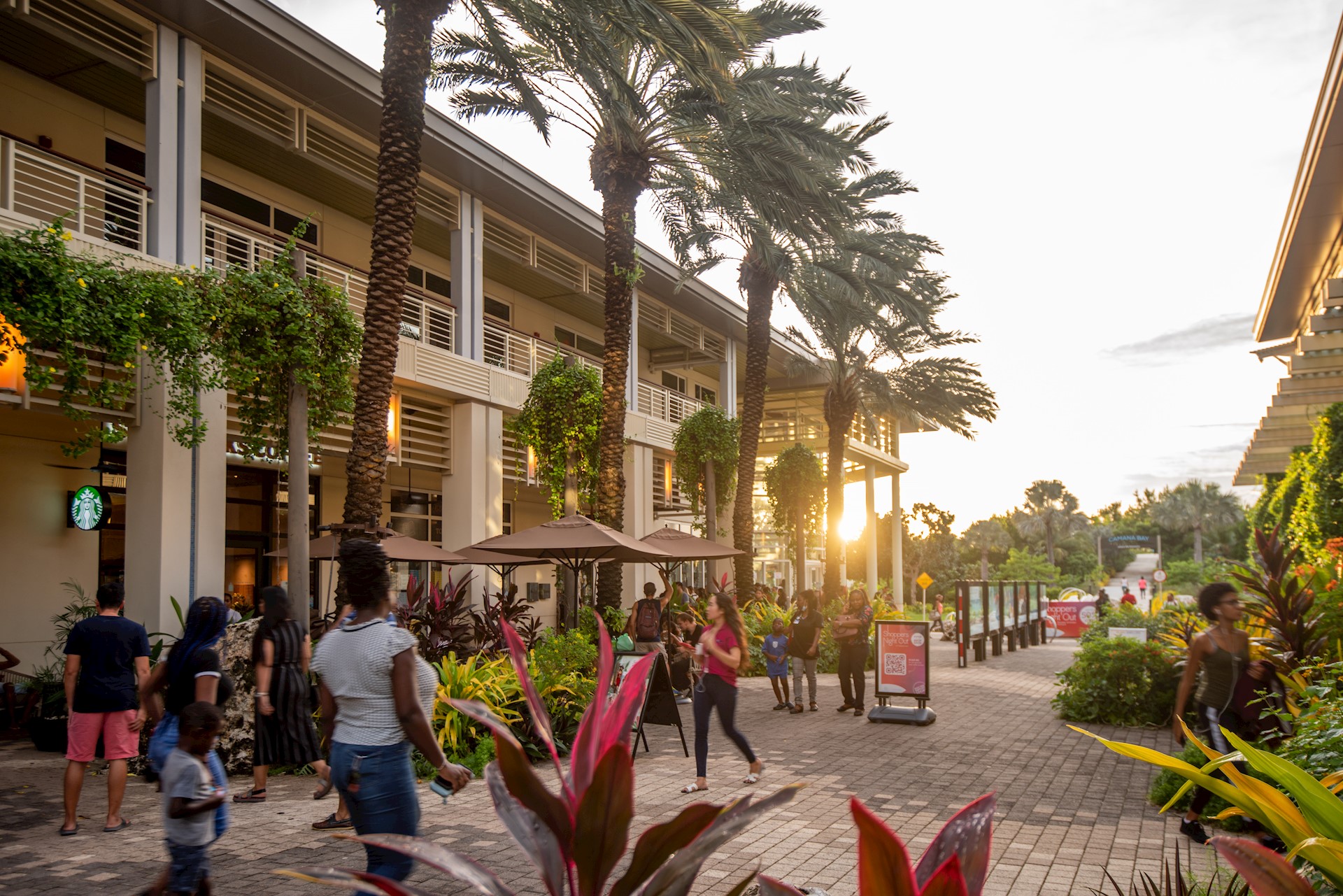
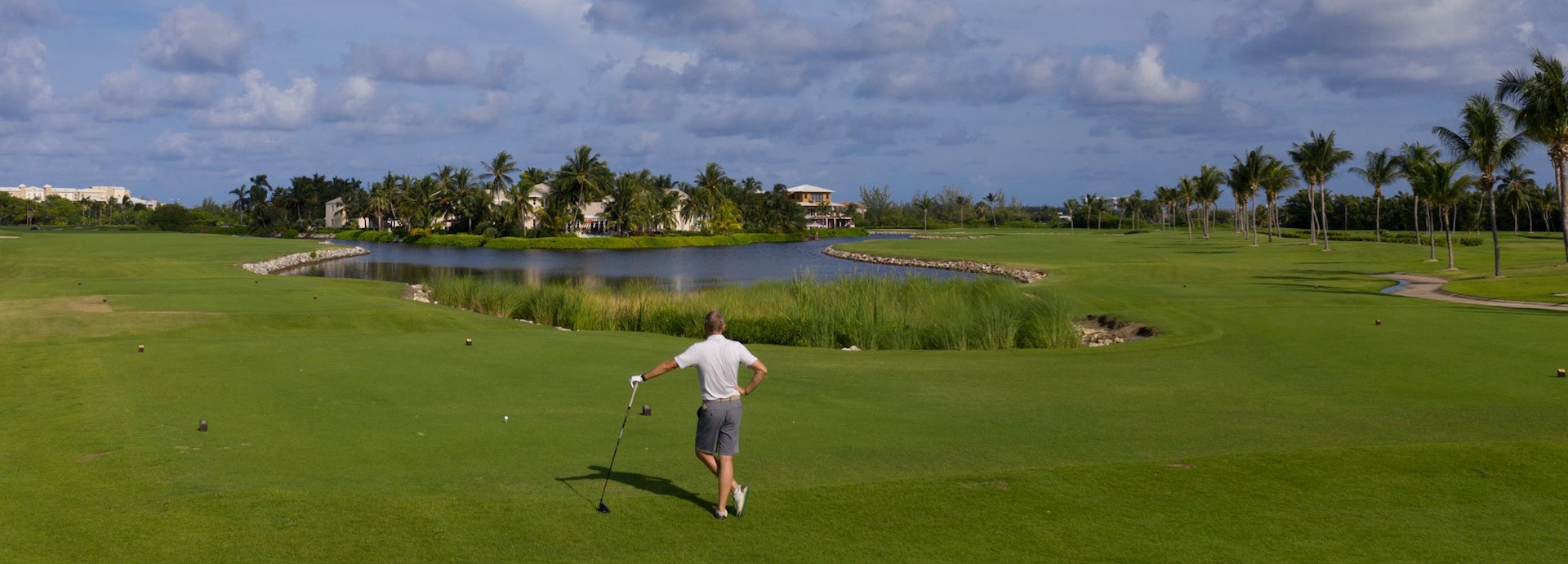
Things to do
As an island just 22 miles in length, new residents and visitors often ask if there are enough things to do in the Cayman Islands once you live here full time. The answer is a resounding yes!
From cultural pursuits to recreational activities, the hardest part is making a choice in how to spend leisure time. The proximity of facilities makes it easy to join a sunrise yoga class, meet friends for brunch, go sailing in the afternoon and catch a film or live performance in the evening. Recreational facilities abound, including golf courses, tennis clubs, soccer and rugby greens, yoga studios and gyms, an inline skating rink, and of course every water sport imaginable on the clear waters surrounding the islands that make up this British Overseas Territory.
As one of the culinary capitals of the Caribbean, residents also enjoy meeting with friends to dine at one of the 150 restaurants which feature an impressive range of international fare, from local seafood at neighbourhood fish fries to globally acclaimed fine dining establishments.
Driving
The Cayman Islands is a British Overseas Territory, so driving is on the left-hand side of the road. Every new resident must pass a driving test before they are issued a Cayman Islands driver’s license. The test is fairly challenging and it is recommended to purchase and study a copy of the Road Code booklet before sitting the test. You will need a Cayman Islands driver’s license before you can insure your vehicle.
As driving laws differ from country to country, please click here to learn about Grand Cayman’s driving laws. The Department of Vehicle & Driver’s Licensing is the authority for*:
To learn more about what is required to schedule the test, including applicable fees, click here.
*Source: http://www.dvdl.gov.ky/portal/page/portal/vlthome/aboutus

Property for rent on Grand Cayman
Finding a property for rent on Grand Cayman is one of the first tasks that any new resident should undertake if they are not ready to purchase a home. In recent years, the supply of condos for rent on Seven Mile Beach and in the Seven Mile Beach corridor has become somewhat limited due to the increasing demand and limited supply of available properties.
Accordingly, new residents often look to other areas such as South Sound, Prospect and George Town for rental properties. It is highly recommended to work with an experienced realtor on the island to help find a suitable property. Utilities and telecommunications are usually not included in rent and not all properties will accept children or pets. Most properties are furnished. The team at Provenance Properties Cayman Islands can help identify a variety of Grand Cayman rental properties that fit your individual needs.
To help inform your decision on where to search for a home, click here to find out about each Cayman Islands neighbourhood to determine which areas are a fit for you. Alternatively, contact us and one of our sales specialists can help identify the best spots for you to look for your dream home.
Property for sale on Grand Cayman
Some new residents plan to immediately make Grand Cayman their permanent home and thus purchase a property as soon as they move to the island. Buying a property is a straightforward process, as the Cayman Islands maintains a title-by-registration system for real property, whereby the Registrar of Lands maintains a public register for each land parcel. There is a one-time stamp tax (land transfer fee) that is 7.5% of the property value for most real estate transactions. If the property will carry a mortgage, most lenders will require mortgage insurance and a property valuation. There are several good real estate lawyers on Grand Cayman who can assist with the transaction process.
Provenance Properties Cayman Islands is the official affiliate of Christie’s International Real Estate in the Cayman Islands. The brokerage’s sales executives specialise in representing Grand Cayman luxury real estate for sale with a value of at least $1 million.